August 3, 2014 – Two stories this week on climate change caught my eye. The first was a report on ocean waves in the Arctic. When you think of the Arctic Ocean you think of an endless stretch of sea ice with an occasional break. You envision polar bears roaming the ice surface. You don’t think of big rolling breakers crashing into shorelines.
The second story involves a statement based on a report to the International Monetary Fund (IMF) that bluntly admonishes countries for not setting energy prices at the right level to reflect their impact on global warming. In other words, the IMF in this study was telling countries to put a price on carbon.
Arctic Seas Are Seeing Waves Like Never Before
There are waves out there on the Arctic Ocean these days.
Why should this be a surprise? Because waves indicate a lot more open water than previously seen and another indicator that climate change from global warming is having a profound impact on polar regions.
Scientists recently measured during an Arctic storm waves just under 5 meters (16 feet) in height on the Beaufort Sea, an area that in the past has seen little wave activity because of ice cover. But in today’s Arctic less ice means the ocean is subject to winds which average 20 kilometers (12 miles) per hour throughout much of the year with average wind speed highest in the summer and lowest in winter. Wind over open water, even at 20 kilometers per hour will create waves. And storms will make those waves much bigger.
What does this mean for the Arctic?
- Increased shoreline erosion
- Faster break up of sea ice from wave action
- Changes to the heat and CO2 exchange between atmosphere and ocean
In the Beaufort sea ice reaches its maximum in April and minimum in September. See the United States Geological Survey satellite images below taken in 2001 and 2007. The one on the left shows 2001 sea ice minimums. The one on the right was taken of the same area in 2007. This trend to accelerated sea ice loss continues to this day. And with the loss climatologists now have to consider waves and their potential to accelerate climate change even further.
International Monetary Fund Tells Nations to Get Real on Energy Pricing
The IMF is blunt in its recommendations. In a 189-page report entitled Getting Energy Prices Right: From Principles to Practice, it advises countries to start taxing fossil fuels at much higher rates and use the money collected to harden infrastructure as a way of mitigating the consequences of climate change. The taxes would also serve a second purpose, discouraging the burning of fossil fuels.
In the report energy pricing within 150 countries is analyzed and recommendations are made on how much tax should be added to existing fossil fuel charges.
The IMF’s Managing Director, Christine Lagarde, in remarks this week talked about “smarter taxes rather than higher taxes.” The tax on energy could be offset by reductions in personal income tax, or could be used to pay off public debt. In her remarks on the continued use of coal for power plants, Lagarde stated, “This is about the dirtiest of all fuels, yet almost no country imposes meaningful taxes on its use. Our work suggests that, to reflect the carbon damages alone, a reasonably-scaled charge would amount, on average, to around two-thirds of the current world price of coal. In countries where a lot of people are exposed to air pollution, the coal charge should be even higher—several times higher in some cases.”
The main report recommendations include:
- A carbon tax on coal
- An air pollution tax on both coal and natural gas
- A motor fuel tax
If all countries studied were to participate the IMF forecasts reduced carbon emissions by 23%, and lower rates of deaths from smog and air pollution by 63%. The latter point cannot be emphasized enough. The health issue alone is justification enough to raise taxes on energy. Climate change reinforces the urgency to act.

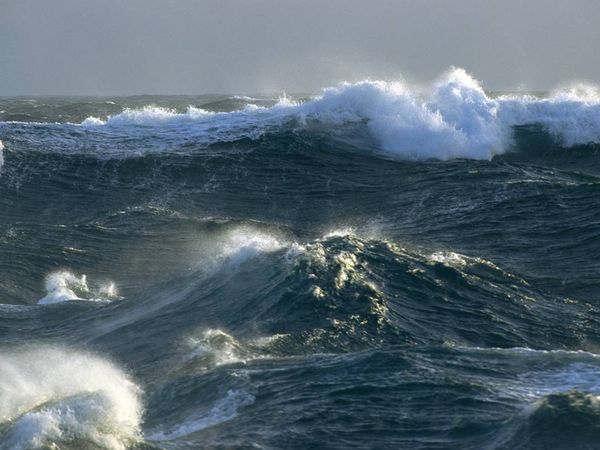
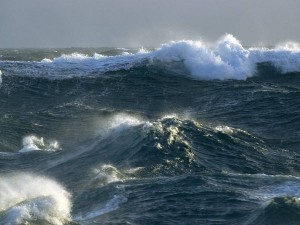
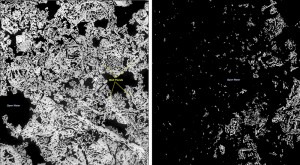
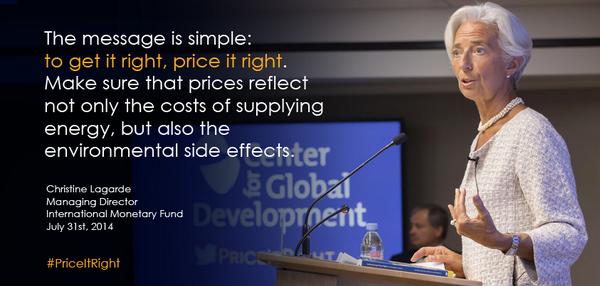





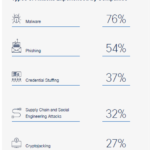




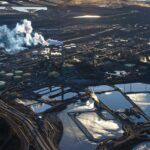







The IMF is full of crap because their “solutions” are about as real as the “denier’s evidence”.
The ONLY real solutions are fission (and hopefully) fusion.